Ever heard of ancient King Solomon? He was said to be the wisest of them all as he philosophized about time, riches, and the brevity of life. As I went on my last road trip around the United States, I felt like I compiled my own ecclesiastes on human rights–as a gatherer of wisdom–in a mosquito-ridden swamp.
From the Swamp: a Collection of History
From nowhere town, Arkansas, we drove for forty-five minutes through nowhere, country roads, to a small abandoned parking lot in a swamp. (Ideal for unsolved murders.) From here, we hiked on a wooden boardwalk into a murky, wet wood. Eventually, we reached a dead end and found this mossy and worn memorial, a foot deep in sludge.
It is not a grave, but rather, it marks where two men began surveying the Louisiana Territory after it’s purchase.
The Louisiana Territory was taken by Spanish Conquistadors, claimed as their own. Then the property was owned by the French, who later paid it back to Spain, who really didn’t want the United States to have it. However, they gave it (or sold it) back to France whom, to the Spaniards chagrin, sold it to the United States. Which is the only reason you and I might find it relevant (and therefore, why I ended up in a swamp in the middle of forest in the first place).
Land: claimed, given, bought, sold, sold, bought, farmed.
How does one claim land? Who really has the property rights?
Do We Have Human Rights?
Nearby, we also visited Native American Indian mounds. This same land was lived on by Native Americans from as early as 12,000 B.C., definitely at 2,000 B.C., then in the 700’s A.D. and in the 1600’s too.
A couple days earlier we also went to the origin of the Trail of Tears, when thousands of Native Americans were forcibly removed from their land simply so the new citizens of America could move there.
History always reminds us that what we think is ours, our rights, might not be so concrete. At minimum, history shows us that our rights don’t matter to others.
Why Property Rights Matter
We like to think people can buy land, earn land, or claim land and it can be rightfully theirs. It is considered fair and just for all people, no matter of race or gender, to be able to own property.
(Confession: the other day I actually began to cry because I am a woman and I can own land, but I’ll save that story for another time!)
Why does land matter?
Whoever holds the land holds other powers, such as implementation of laws or rules. For example, in my own home I have no problem telling neighbor kids “we don’t do that here.” And of course, on a macro-level, nation-states implement their full government, laws, and enforcers of those laws.
Property rights = power.
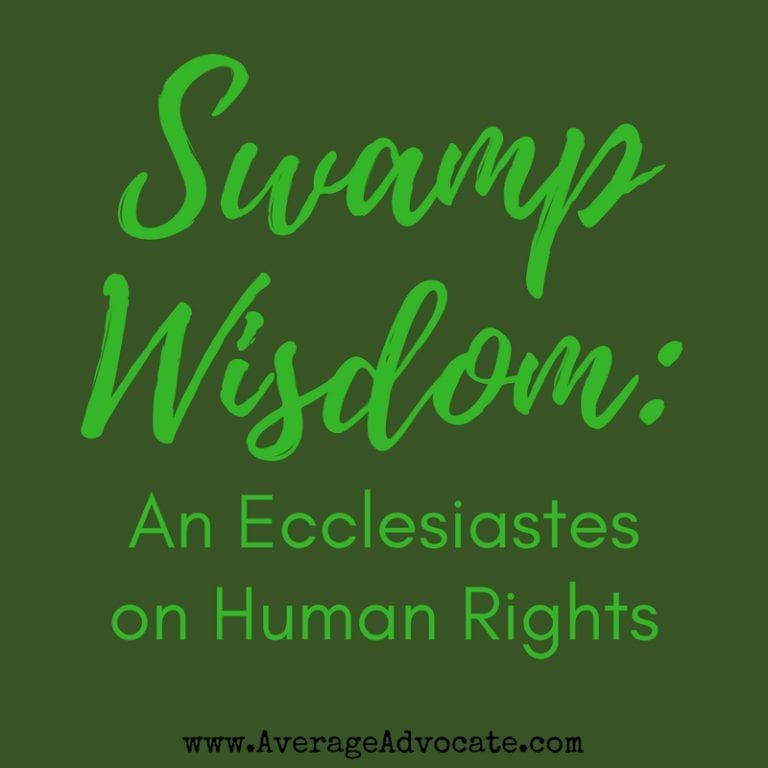
(Please share this image if you are liking this post so far)
A Flash History on Property Rights
Obtaining property rights for former slaves, women, and Native Americans has been a huge theme in American history, and Native American lands rights are still debated social issues.
Property rights was included in the Magna Carta, the medieval document which became an inspiration for both the American Bill of Rights, and the international Universal Declaration of Human Rights. In fact property rights were also included in the Torah (ancient Hebrew history and law) as far back as 1300 B.C.!
You Try Explaining War to Kids!
Recently my kids and I have been talking a lot about war. If you try to explain war to a ten or eight-year old you will quickly find yourself simplifying war to “they want power over us” and “they feel we took their land and got in their business” or “we wanted to protect our own land and people, which is why we did that.”
Yes, trust me, I know that war is about much more than just fighting over parcels of land; it has more to do with power than anything. But honestly, as I try to explain war to my children, it really sounds like a bunch of adults with big guns and bombs who don’t know how to keep their hands to themselves, nor know how to share or respect each other’s property.
Too many acts of war have been simply about claiming land for ourselves. It makes me queasy.
Wisdom From The Swamp
Human rights are good. They are intended to give protection to the weak, to foster “blind justice,” a fair society, and to give the innocent a voice.
And among those rights, property, or land rights are good.
Justice is good.
But so is realizing that we can’t cling to things as tightly as we would like.
The Flip-Side to Human Rights
As evidenced by the land of the Lousiana Purchase, or the Americas with the conquistadors, many can “rightfully” claim rights–property or otherwise–for themselves. Property ownership is one of those human rights that has historically swiftly been wiped from under our feet.
But we all know that land isn’t ever really ours, nor is this Earth–or at least the control of what we consider ours is simply an illusion. We have so few guarantees and unfortunately, human rights and owning property aren’t among them.
Nor does the quest for power and the pull of “more” really free us. Too often using our rights enslaves others or causes wars.
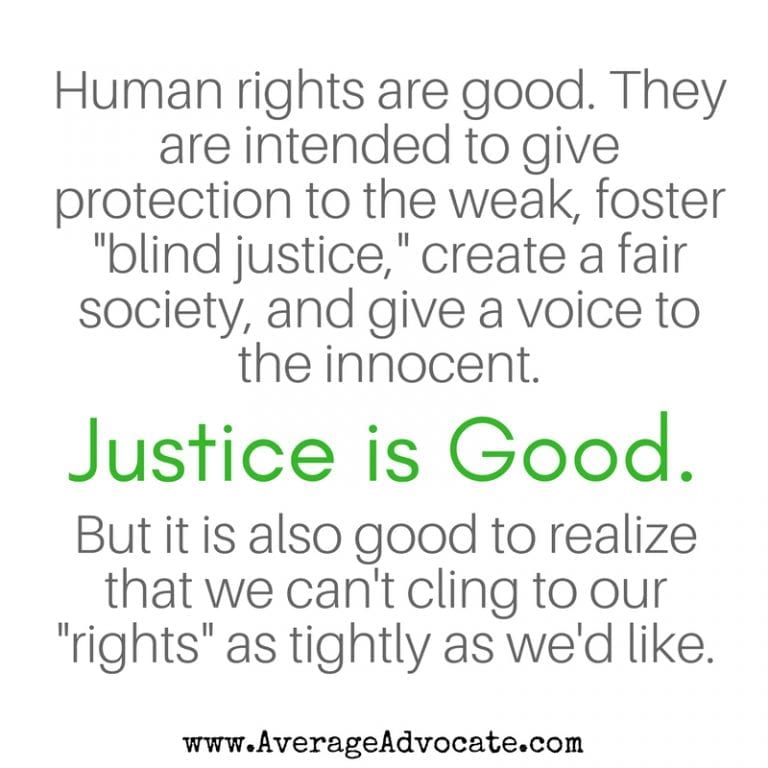
Unclench Your Fists
Although sometimes I’m not sure I agree with everything he said, King Solomon has hidden some deep truths in his book of Ecclesiastes. In it, he waxes poetic on the futility of life, God, seasons that come and go, oppression, justice, pleasure, and purpose (or the lack thereof).
I usually encourage us to see through a lens of gratitude and hope, acknowledging the influence do have, encouraging us to be agents of change, working continually for the basic freedoms of others.
But sometimes I think we need to meditate on Solomon’s wisdom a little more. There is something downright healthy in recognizing we can’t control it all, that life is frailty, here and then gone, and in recognizing that sometimes the oppressor wins and we will just have to become content with what we have.
Sometimes, wisdom rhapsodizes that we need to unclench our fists a little, and remember that this is all–even our fundamental human rights and property rights–a still a chasing of the wind.
If you are anything like me, these thoughts made you begin to wonder what living justly in regards to property rights might actually look like today, tangibly. I definitely don’t know, but I followed up this post with some actionable ideas. Do you have any more?

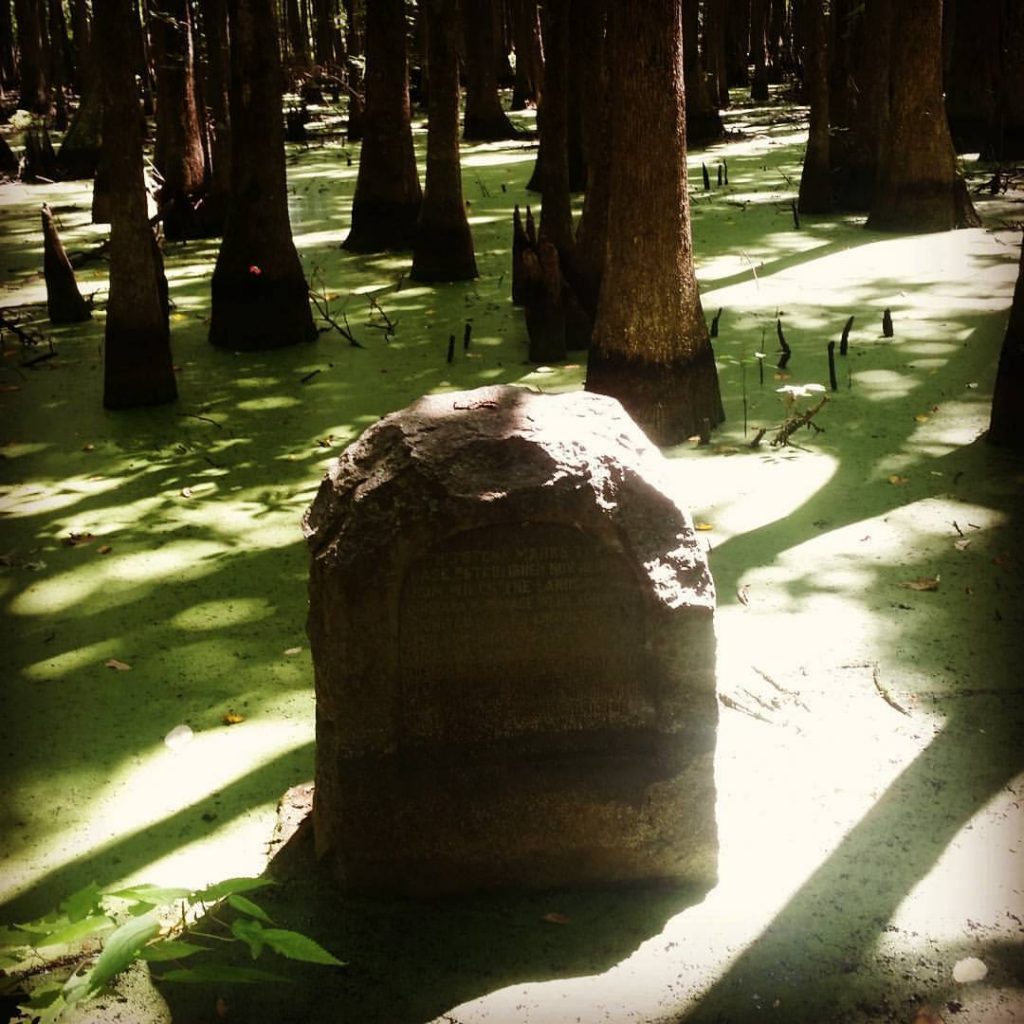
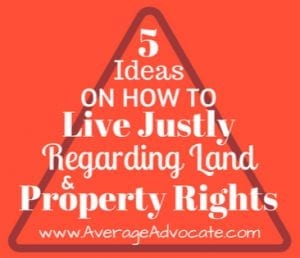
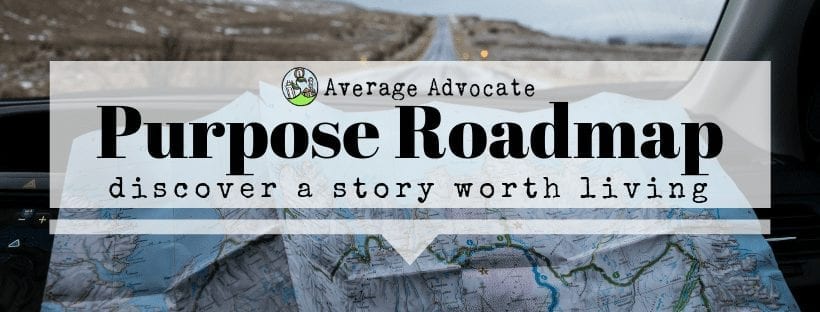

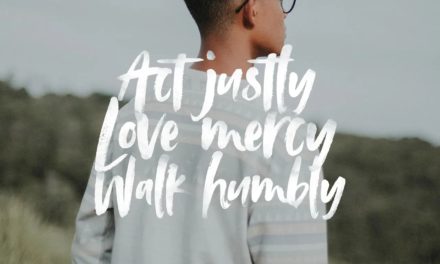


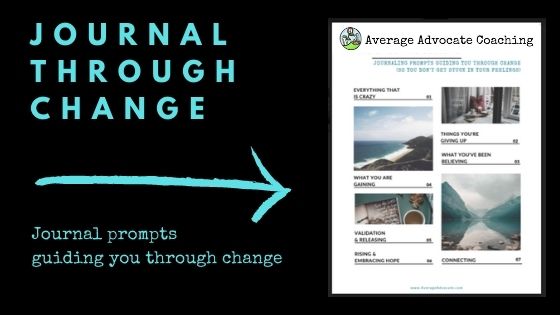
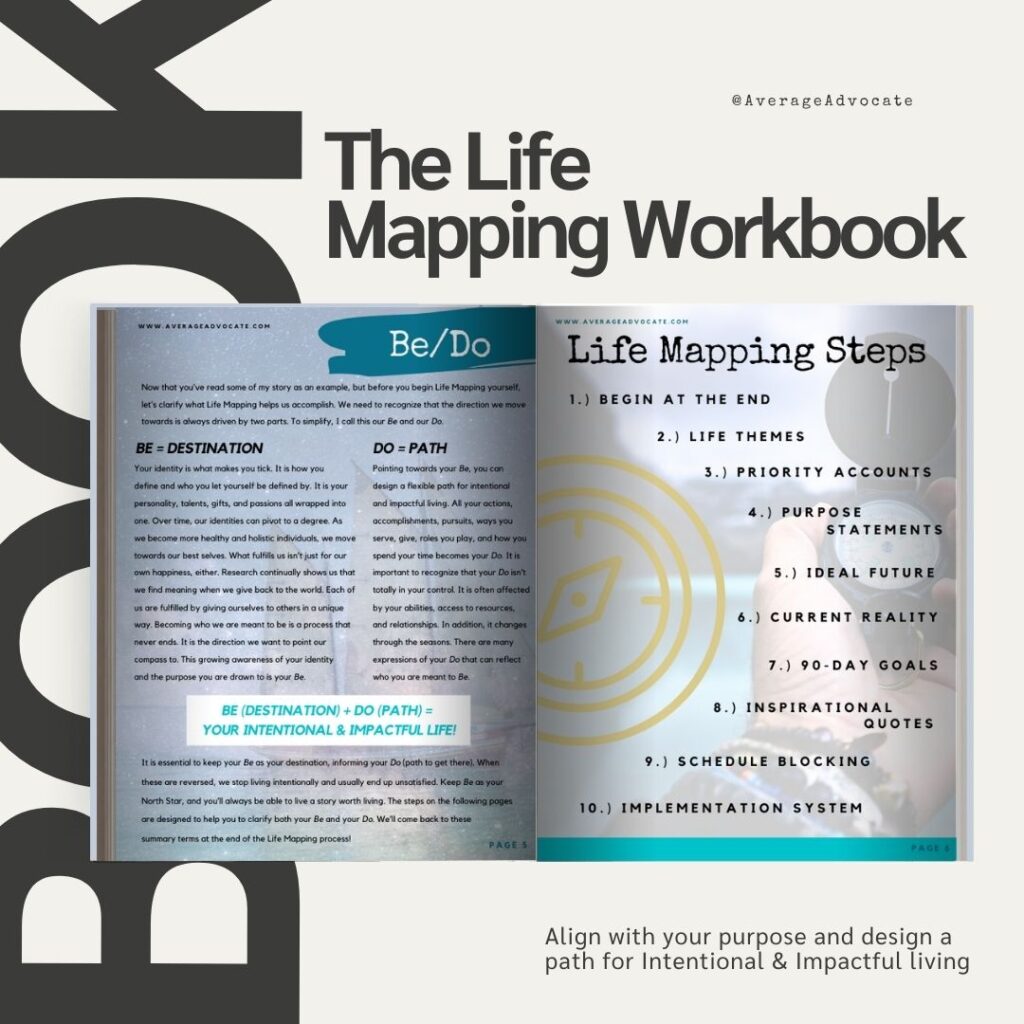


Trackbacks/Pingbacks